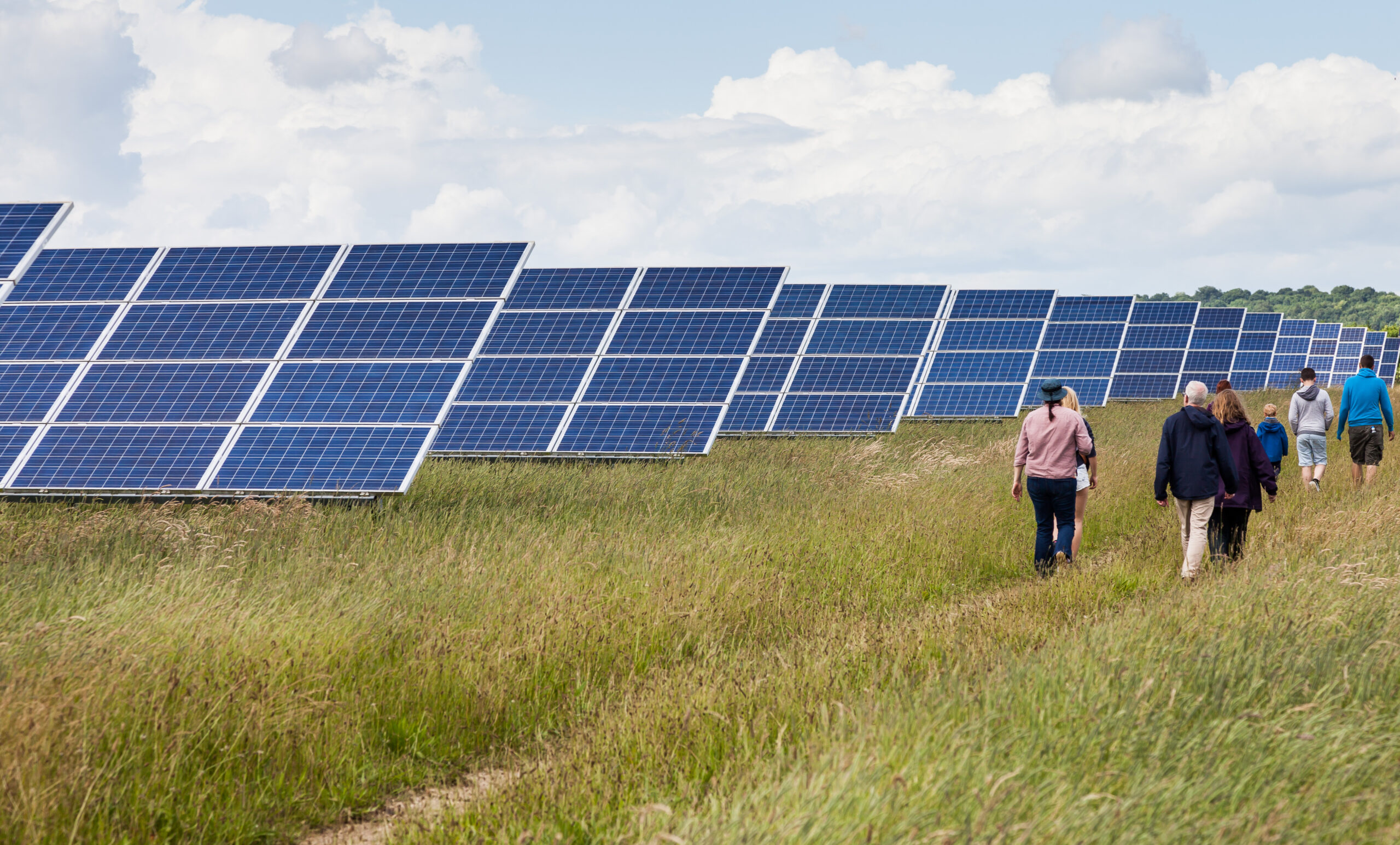As Hoosiers continue to struggle with poor air quality, polluted waterways and soaring utility rates, the transition to renewable energy sources is crucial.
Indiana, with its abundant sunshine, holds immense potential for solar energy production. The Environmental Protection Agency’s (EPA) Solar for All program is could be a significant step in this direction, aiming to empower low-income communities and bridge the gap in clean energy access.
What is the Solar for All Program?
The Solar for All program is a grant initiative established by the EPA to support states, territories, tribes, cities and non-profit organizations in their endeavors to increase solar energy use in low-income communities.
The program aims to make solar energy more accessible and affordable, fostering a more equitable renewable energy landscape.
Why is Expanding Solar Energy Important in Indiana?
Despite recent low rankings, Indiana has plenty of sunlight, which continues to make it a prime candidate for solar energy development. Expanding solar energy in the state offers a multitude of benefits:
- Environmental Protection: Solar energy is a clean and renewable resource, unlike traditional fossil fuels that contribute to greenhouse gas emissions and air pollution. By embracing solar energy, Indiana can significantly reduce its carbon footprint and the effects of climate change.
- Economic Growth: The solar energy industry is a burgeoning sector with the potential to create new jobs and stimulate economic growth in Indiana. Investing in solar energy infrastructure can attract businesses and create employment opportunities, particularly in the installation, maintenance and manufacturing sectors.
- Energy Independence: As Indiana increases its reliance on solar energy, it reduces its dependence on fossil fuels and mitigates the impact of fluctuating prices. This fosters energy independence and bolsters the state’s energy security.
- Community Benefits: The Solar for All program specifically targets low-income communities, ensuring they are not left behind in the clean energy transition. By providing financial assistance for solar panel installation, the program empowers these communities to reduce their energy bills and participate in the green energy revolution.
The Inflation Reduction Act and its Impact on Solar Energy
The recently passed Inflation Reduction Act includes significant provisions to incentivize solar energy adoption across the United States.
These incentives, including tax credits and rebates, are expected to further accelerate the growth of the solar industry and make solar energy even more affordable for individuals and communities.
The Solar for All program, coupled with the supportive measures outlined in the Inflation Reduction Act, presents an incredible opportunity for Indiana to harness its solar potential.
By embracing solar energy, Indiana can create a cleaner, more sustainable future, stimulate economic growth and ensure equitable access to clean energy for all its residents.

